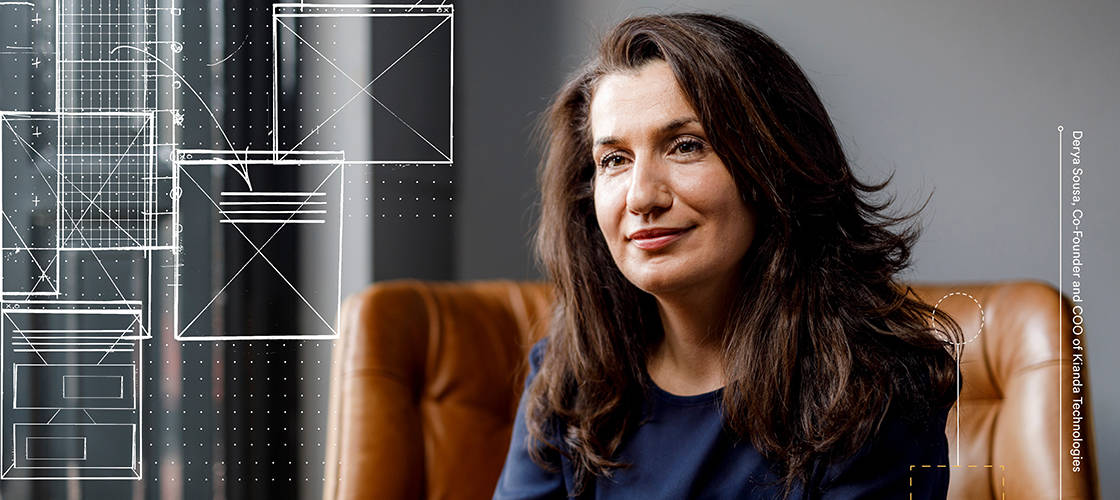
Just one in two hundred people knows how to code. That’s a lot of people around the world relying on a small pool of programmers! This knowledge gap is something Derya and Osvaldo Sousa were intent on solving when they developed their no-code application platform, Kianda Technologies, in 2017.
The dream to develop their own tech startup was 16 years in the making, but back then – as a young couple studying in Portugal – it was difficult to see how they could make it a reality. “It was a bit risky for us back then. There wasn’t a lot of support. We didn’t have great examples and so it just faded away,” Derya says.
They moved to Ireland in 2007 and worked as IT consultants. Every evening, they went home and talked about what they were working on. They realised it was similar projects for similar companies, developing the same types of system over and over again from scratch. Wanting to simplify things for businesses and create a ‘no-code environment’, they came up with a new type of process automation software that would build custom workflows using a drag and drop interface.
“Less than five years ago, we had the idea and thought it was the right time for us to start,” Derya says. “The biggest risk was quitting our jobs and in terms of income, how were we going to manage? We had some of our own savings, but of course, that wasn’t enough.”
She was also on maternity leave with their second child, who was just four months old at the time. But they felt it was now or never. “We said, if we don’t do this now, we won’t do it again,” Derya says. “We have to try. If it doesn’t work, it doesn’t work. We’d have to accept it. But we had to try. So we bit the bullet.”
The couple quit their day jobs and spent the first year working from their living room, building their platform while taking on some freelance work to help with living expenses. It was when they were completing the product build and seeking office space that the New Frontiers programme was suggested to them by the team at the LINC centre at TU Dublin – Blanchardstown.
“We have to try. If it doesn’t work, it doesn’t work. We’d have to accept it. But we had to try. So we bit the bullet.”
“There were so many unknowns, so many things we weren’t aware of, it opened up so many opportunities for us,” Derya says. “Seeing other like-minded entrepreneurs, what stage they were at, seeing their journeys. Some of them were similar to me, some of them were just starting, and wanted to validate their idea.”
Derya found the programme very practical, “in terms of financial modelling and in terms of marketing, fundraising, networking, and hearing from the mentors.” It also helped navigate the Irish start-up ecosystem and to find out what support was available during and after the programme while receiving a €15,000 stipend.
“The mentors we had were really good. Lots of them were really insightful. It was all really practical. Real-life issues were covered. The pitching sessions were really good. Nerve-wracking but good.” She adds that she pitches “all the time” now.
It also helped build her confidence. “When we were both starting we heard some negative thoughts from other people. It really helped to build my confidence in terms of my own skills in running a business,” she says. Kianda Technologies was launched in November 2017. The company is growing quickly and has recently experienced a 40% increase in its customer base. The aim is to triple the team by the end of 2021.
Having taken the leap, Derya would encourage others to follow their dream. “It’s worth it, so worth it. If you think it’s the right time and it’s the right idea. People might say no, be prepared for it. But don’t let it stop you. Get the support that’s available, having people who have gone through a similar journey helps a lot.”
To learn more about Derya’s company, visit kianda.com
Recent articles
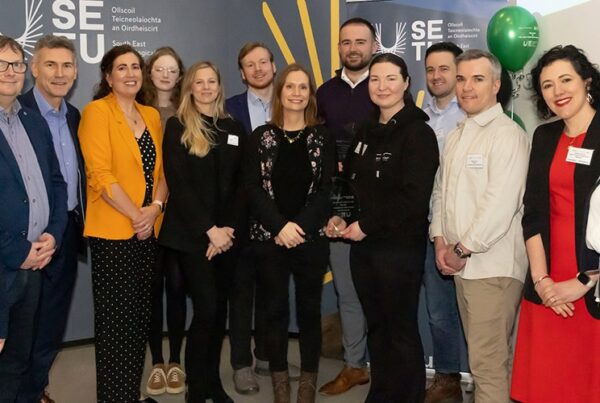
Founders Graduate From New Frontiers At South East Technological University – Carlow Campus
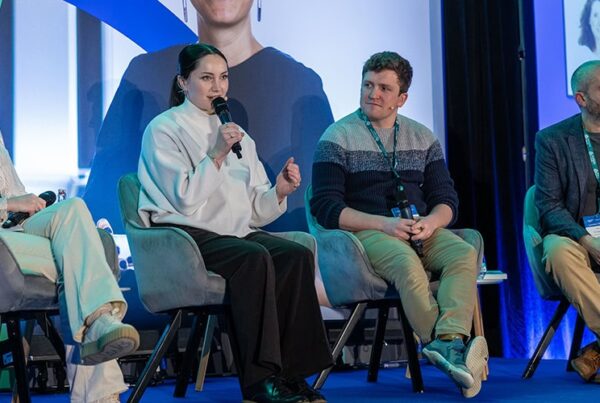
The New Frontiers Programme Connects 158 Founders With Success Stories

Raise Your Startup’s Visibility & Credibility By Entering These Competitions

Founder Perspectives: Lessons From Building Businesses In Sustainability

Tech Startups In The Age Of AI: Alumnus Paul Savage On Speed, Quality & Risk
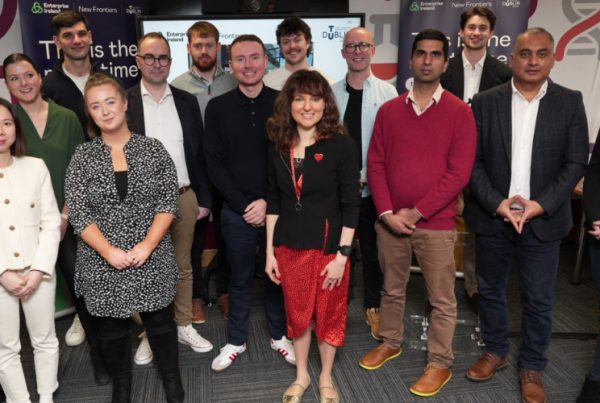
Fourteen Startup Founders Graduate From Phase 2 Of New Frontiers In Tallaght
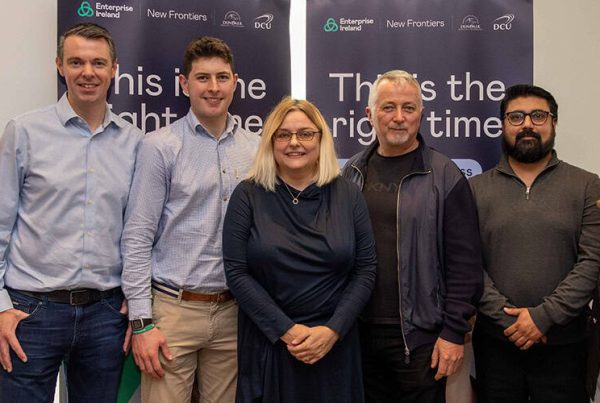
Eleven Founders Graduate From New Frontiers In The Border Mid-East Region


